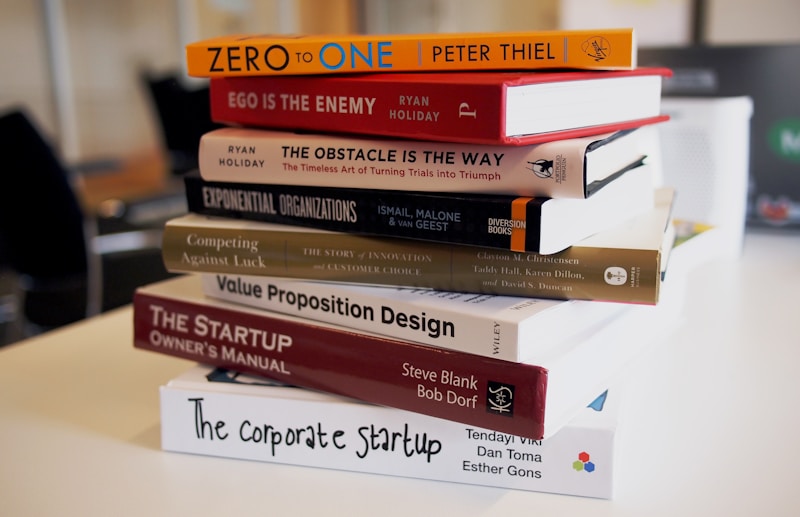My masters degree was completed in October of 2016, by which time I had undertaken my first executive role at a startup. The time constraints were barely loosened, and hence my reading habits remained largely diminished. In 2016, I finished just four books.
The Return of Depression Economics - Paul Krugman
With this work, Krugman claims the right to loudly clang the I-told-you-so gong, being as it is a distressingly accurate prediction of the liquidity crisis that crashed the financial markets in 2008. His central thesis is that the Keynesian lessons of 1929 (the requirement to regulate financial markets to break the boom-and-bust cycle) have become undone, and that existing regulation of banks is being bypassed through the trading of many goods which are financial products in all but name. What is perhaps most distressing is that, in the following 9 years, little more appears to have been learned.
So You've Been Publicly Shamed - Jon Ronson
This wonderful book by Jon Ronson finds him tracking down and speaking to recent victims of viral public shaming - those hounded on Twitter for perceived transgressions or social faux pas - and in general finds that a great deal of complexity usually lies behind a misinterpreted Tweet or selfie. His musings on mob justice and the unchecked power of social networks contain warnings we would do well as a society to heed.
Fear and Trembling - Amélie Nothomb
This fictionalisation of a year that Nothomb spent in Japan in 1990 won the highest prize in French literature on its publication. It is a curious tale of culture-clash, self-abnegation and degradation, that is fascinating on a number of levels - not least of which is attempting to understand what proportion (if any) of the events presented within are true. A young Amélie undergoes a year-long contract at a large Japanese firm, and clashes with her superior, learning that failure can be the best form of success if your place in society demands it. An excellent novel.
A Clockwork Orange - Anthony Burgess
Being already well-familiar with Stanley Kubrick's film adaptation, I was unsure what I would gain from reading Burgess's revered science fiction novel of youth gone awry. My concerns were baseless - it is a brilliant novel. Written in Nadsat - an invented youth dialect used by the rebellious protagonists - it is unlike any other coming-of-age novel I have previously read, wherein the struggles the narrator must overcome are his own relentless violent impulses. One key difference from the film is the final chapter, entirely omitted from the adaptation, which in many ways changes the meaning of the novel and grounds it in reality. I would thoroughly recommend that fans of the film take the time to go to the source.
